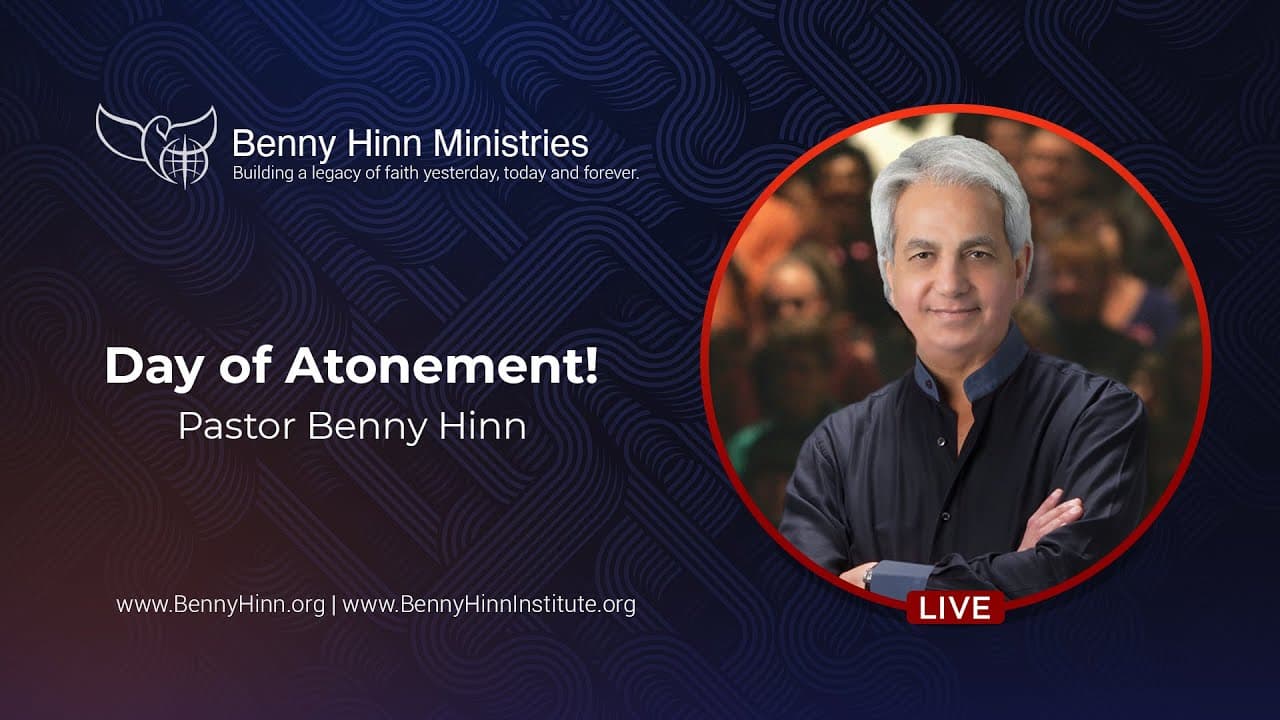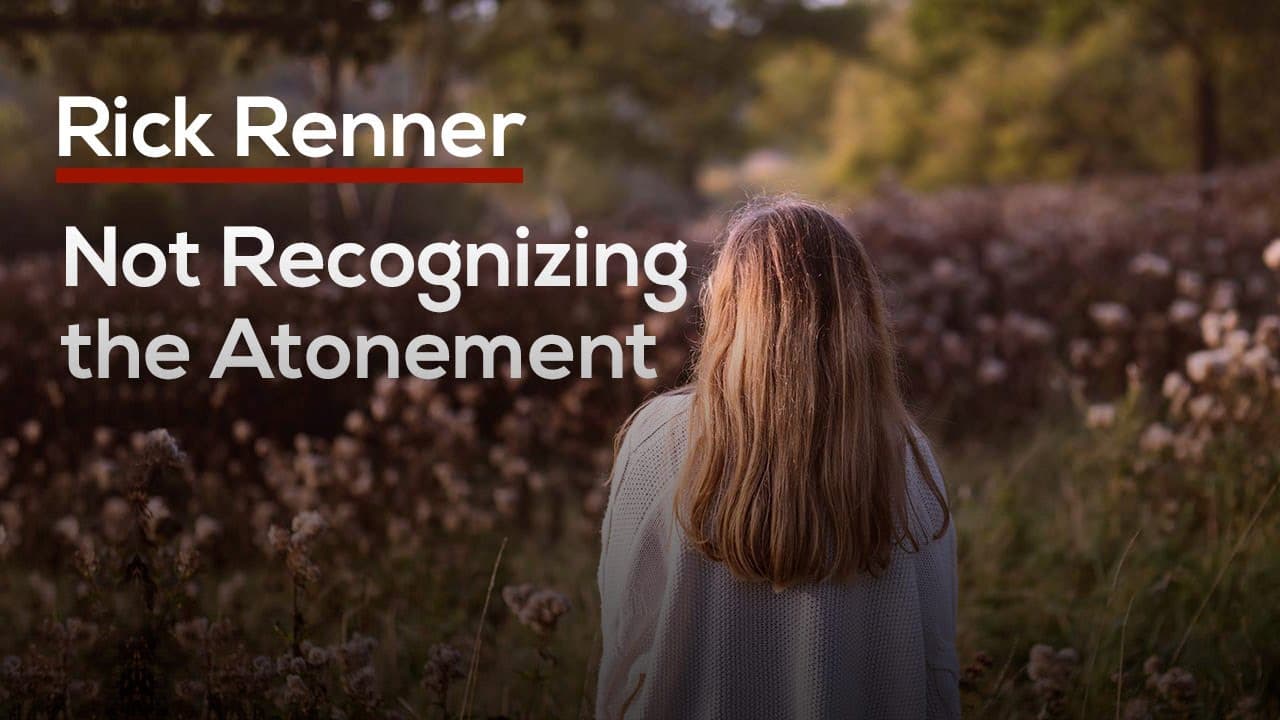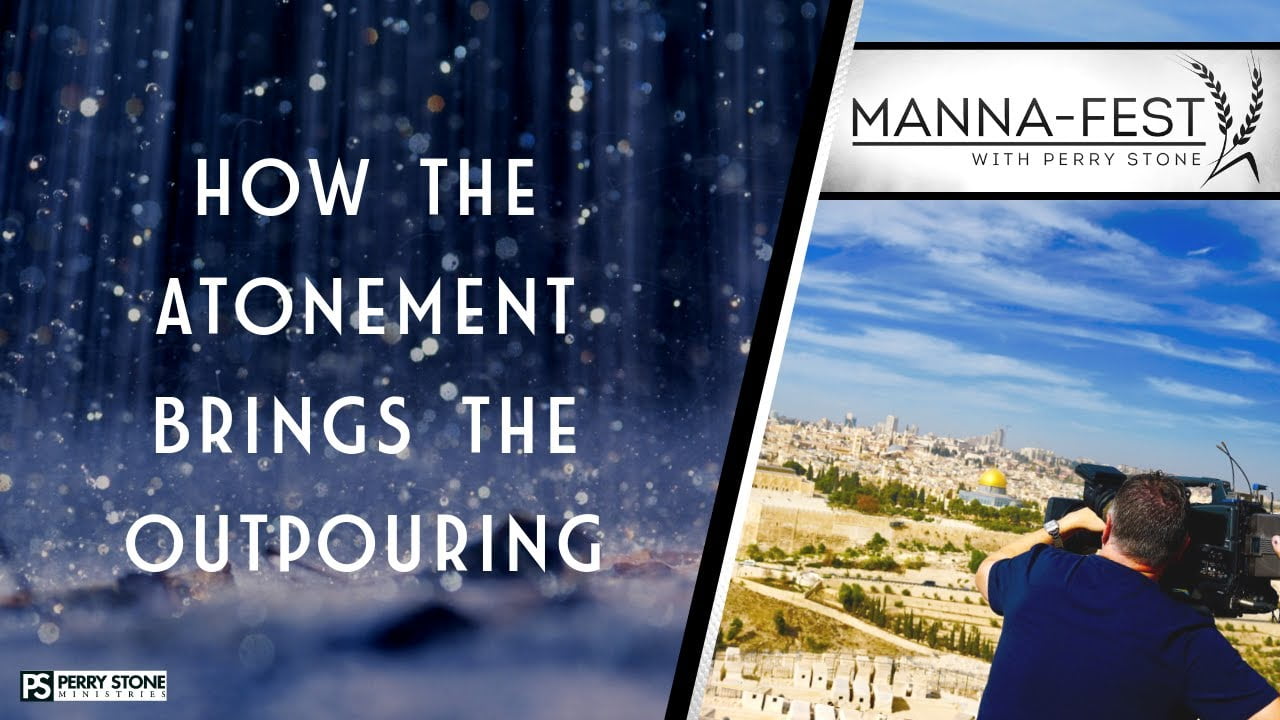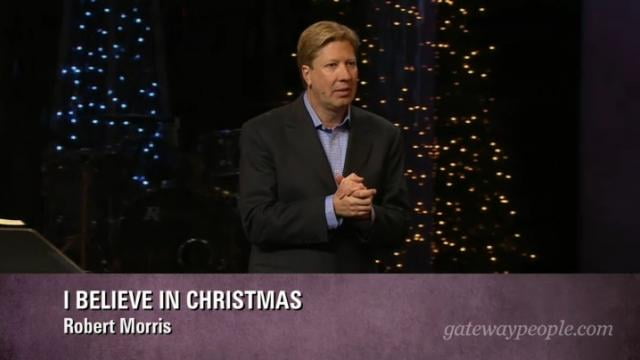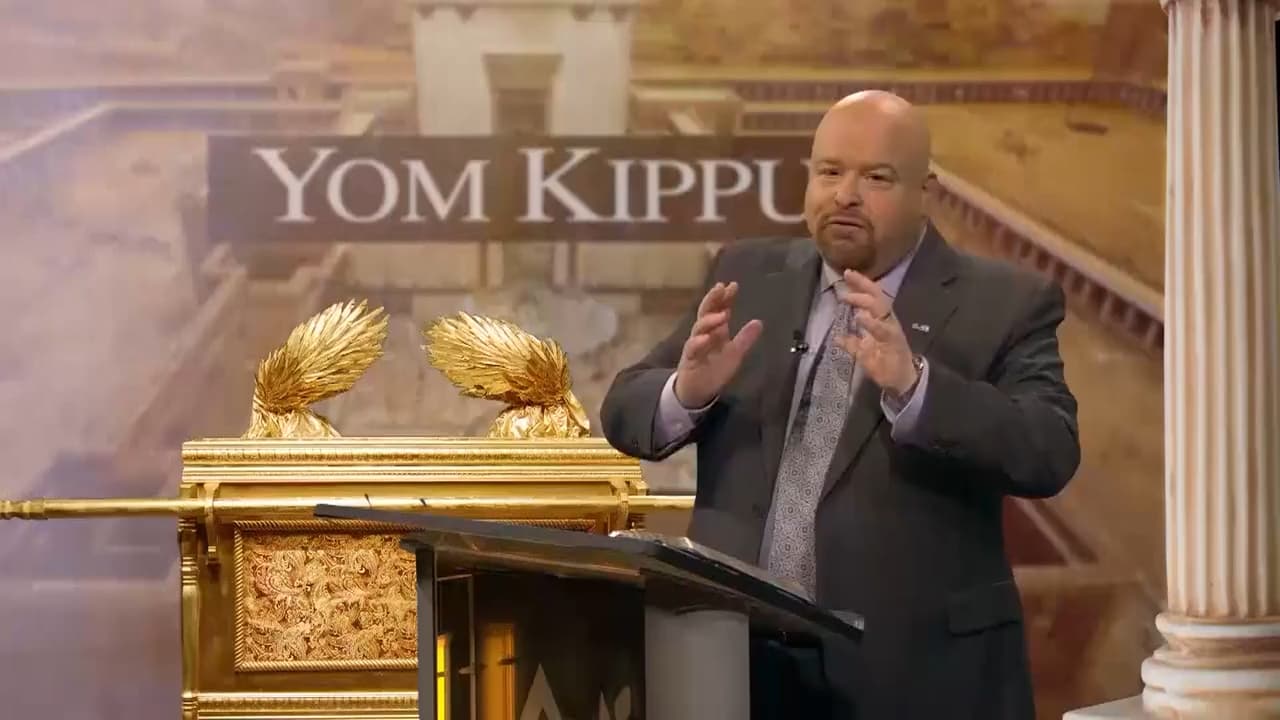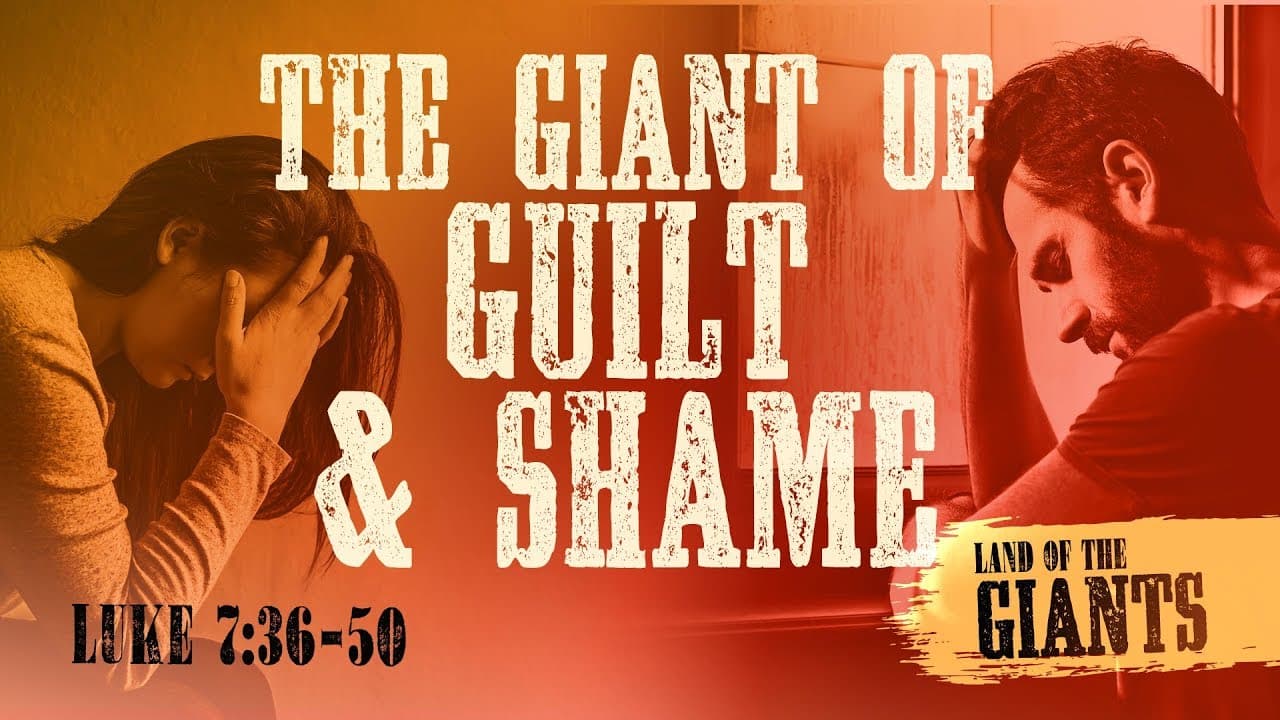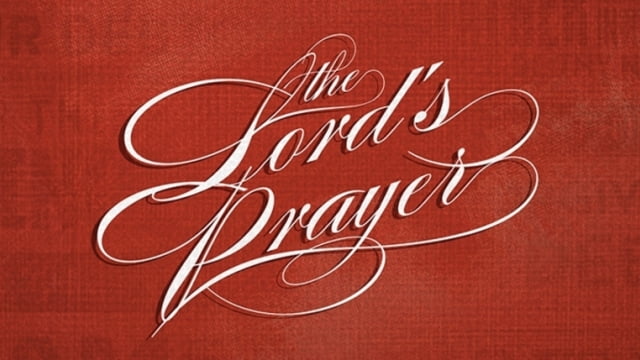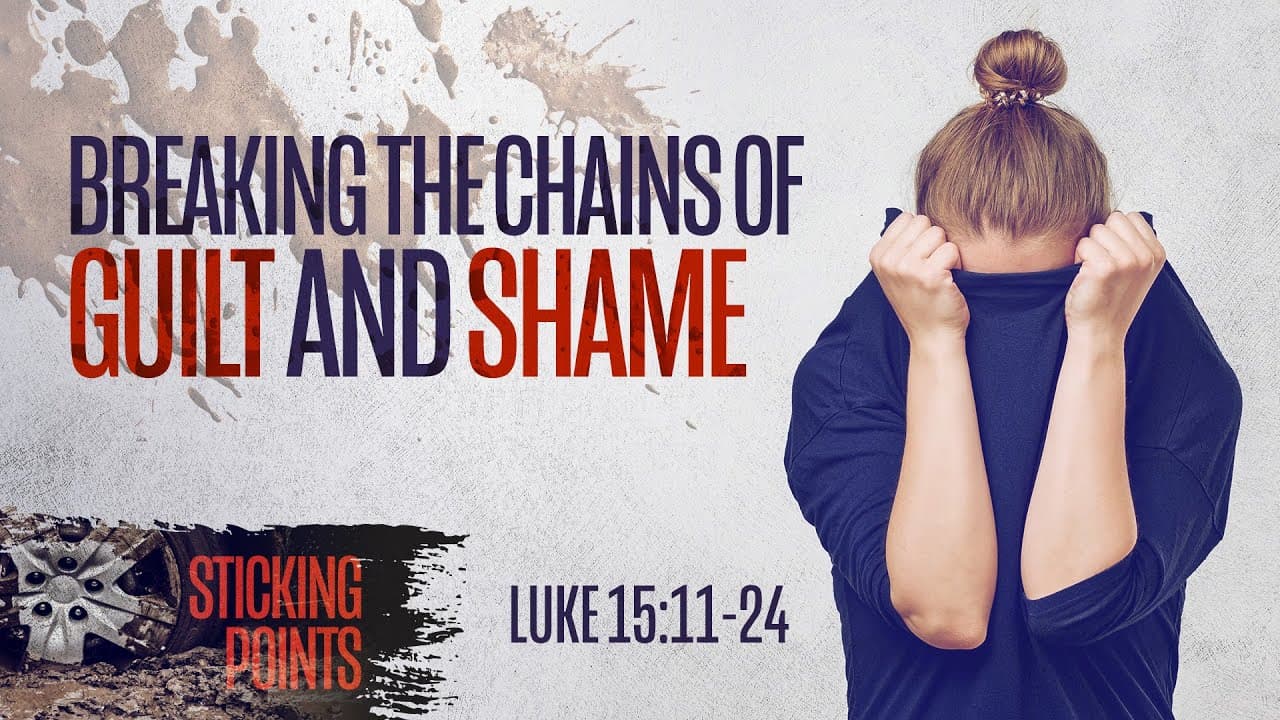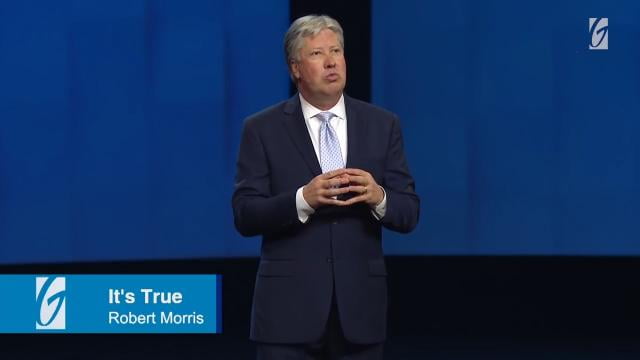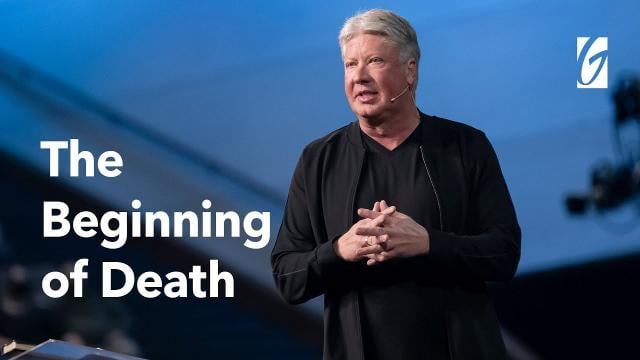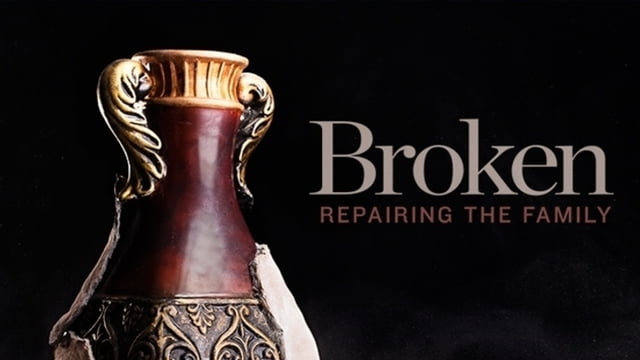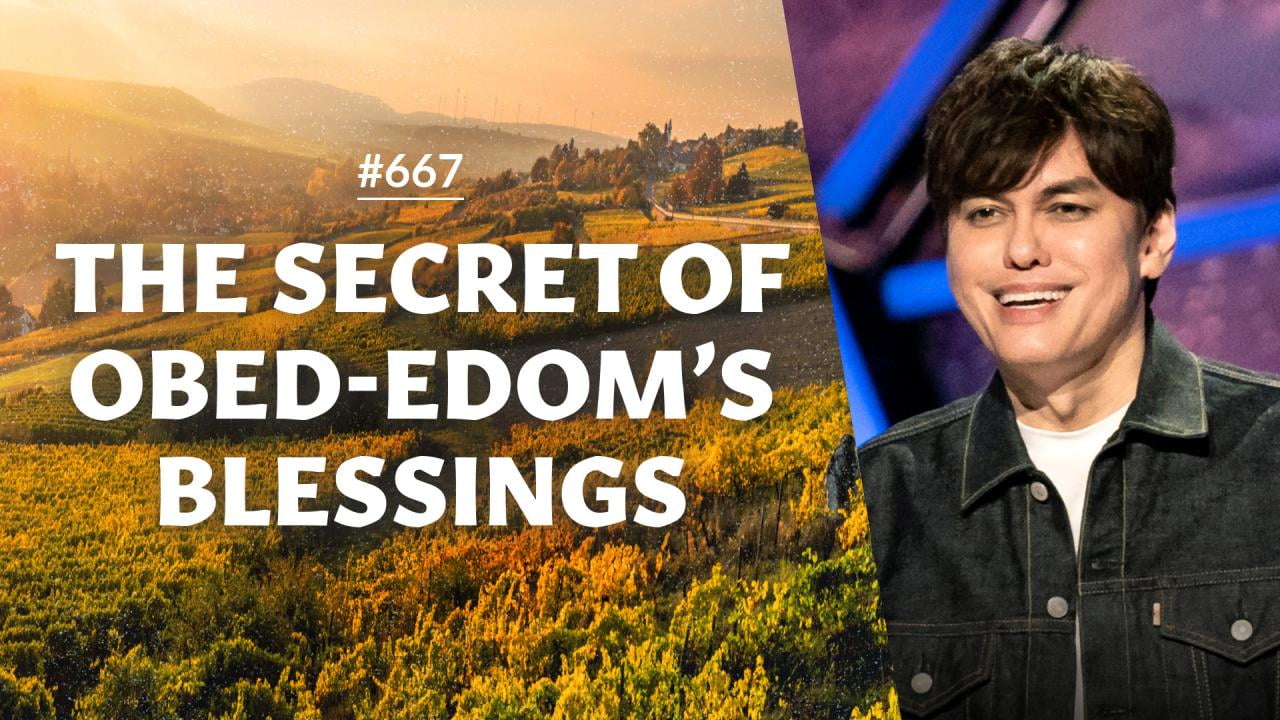Robert Morris - The Beginning of Atonement
Pastor Robert shares the solution God came up with from the beginning to free us from walking in guilt and shame. In Genesis 6:14, God commands Noah to cover the ark with a pitch. The Hebrew word for “cover” in this verse is kaphar, which is translated in English as “atonement.” The Hebrew word for “pitch” is kophar, which means to ransom or satisfy. Atonement means to be made one with God, but that cannot happen until our sins are covered and removed. Through atonement, Jesus saves us from God’s wrath and makes us righteous.
1. Our sin is covered. Adam and Eve tried to cover their own sins, but only God can cover sins. Without the shedding of blood, there is no remission of sin. The ark was covered with a pitch inside and out. In the same way, Christ’s blood covers our sins and shame inside and out. We don’t have to live with guilt and shame because of the atonement.
2. Our sin is removed. In Leviticus 16, the word “atonement” is mentioned 13 times. The priest was to take two goats—one was a sacrifice and the other was a scapegoat which represented the removal of our sins. The scapegoat is the goat that gets to go free, but the one that is sacrificed represents Christ. Christ was sacrificed so we could escape God’s wrath.
3. God’s wrath is removed. The Hebrew word kaphar is mentioned 102 times in the Old Testament, and most of the time it’s translated as the word “atonement.” The English equivalent for the word atonement is “propitiation,” which means the removal of wrath. “Expiation” means that God has covered and removed our sins; He removes His wrath toward the sin and the sinner. God is angry at the wicked every day and is justified in punishing sinners. Christ’s death satisfies God’s anger and wrath and makes us right with Him.
Our Partners
sermons.love


